Challenges
Researcher List
Challenges
The project has set the following three targets to realize the vision of the center, and has established five priority research and development tasks to achieve these targets.

Excerpt from a pamphlet made in September 2023
Research and Development Project 1:
Development of next-generation medical infrastructure to elucidate the pathogenesis of renal function decline caused by multifactorial diseases including lifestyle-related diseases and to identify predictive markers for the progression of renal function decline
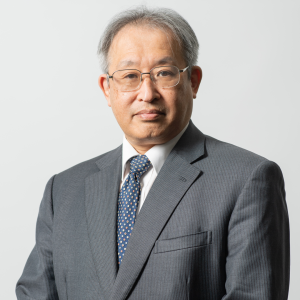 Hiroyuki Nishiyama leader
Hiroyuki Nishiyama leader
Professor, Faculty of Medicine, University of Tsukuba
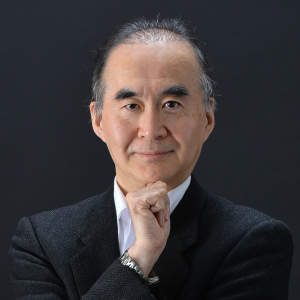 Hitoshi Shimano Deputy leader
Hitoshi Shimano Deputy leader
Professor, Faculty of Medicine, University of Tsukuba
- Development of prevention methods based on behavioral change at the stage of unaffected disease by elucidating the pathogenesis of multifactorial diseases such as decreased renal function, lifestyle-related diseases, and malignant diseases, and identifying risk factors and biomarkers, etc.
- Development of technologies for digitization and integrated analysis of bioresources.
Research and Development Project 2:
Enhancement of bioresources through the "Tsukuba Happiness Life Study" (Tsukuba Happiness Life Study)
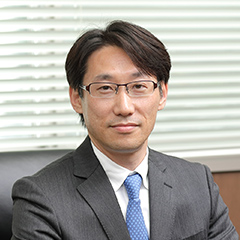 Tomohiro Okura leader
Tomohiro Okura leader
Professor, Faculty of Health and Sport Sciences, University of Tsukuba/Research Center for Tailored Quality of Life Program Development, University of Tsukuba
- Conducting a prospective cohort study of middle-aged and elderly people in Tsukuba City to comprehensively follow-up their life functions, including cognitive function, sleep status, physical and mental status, exercise practice status, social interaction status, and categories of care required status.
- Provide services to improve lifestyle functions for the unwell with various disease risk factors and risk factors for requiring long-term care.
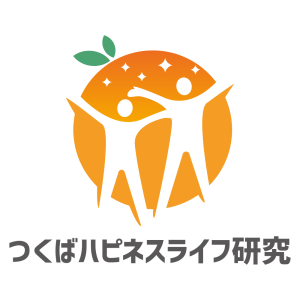
Research and Development Project 3:
Total design of food and living environment to eliminate mild mental and physical disorders
 Mari(Maeda) Yamamoto leader
Mari(Maeda) Yamamoto leader
Executive Scientist, National Agriculture and Food Research Organization
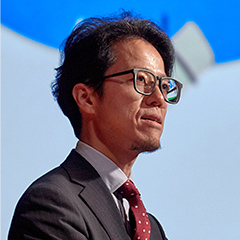 Shoji F. Nakayama Deputy leader
Shoji F. Nakayama Deputy leader
Deputy Director, Japan Environment and Children’s Study Programme Office, National Institute for Environmental Studies
- Design and validation of a self-care diet to alleviate mild mental and physical discomfort (mild discomfort), which is considered to be the beginning of various illnesses that lead to decreased productivity.
- Collaboration with the “National Survey on Children’s Environment and Health (Ecotille Study)” to improve a society where future generations can live healthy lives from a food and environmental perspective.
Research and Development Project 4:
Strengthening the research and development base for a society resilient to infectious diseases
 Kawaguchi Atsushi leader
Kawaguchi Atsushi leader
Professor,Faculty of Medicine, University of Tsukuba
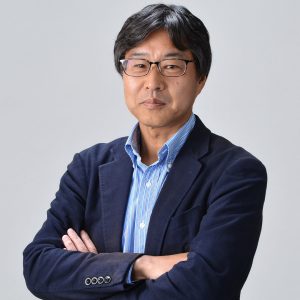 Satoru Takahashi Deputy leader
Satoru Takahashi Deputy leader
Professor,Faculty of Medicine, University of Tsukuba
- Development of large-scale diagnostic, prophylactic, therapeutic, and control methods to deal with ever-changing viral infections and possible new pandemics in the future.
- Utilization of microbial resources, construction of model animals for infectious diseases, and development of genome editing technology at a practical level and Provided as a fundamental technology for efficacy and safety evaluation.
Research and Development Project 5:
Creation of a new supply chain using the seeds of food and medicine
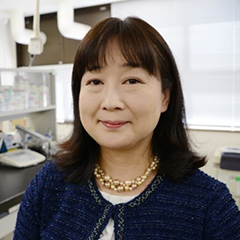 Hiroko Isoda leader
Hiroko Isoda leader
Professor, Faculty of Life and Environmental Sciences, University of Tsukuba
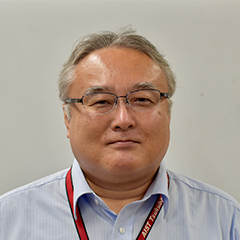 Kazuhiko Sato Deputy leader
Kazuhiko Sato Deputy leader
Assistant Director, Materials and Chemistry Field, National Institute of Advanced Industrial Science and Technology (AIST)
- Product development through the construction of a database of medicines and the prediction of the functions of medicinal resources by AI, based on the “Food and Drug Research” that consists of “digital technology, biotechnology, chemical technology, and agri-tech”.
- Development of smart chemical production technology using process informatics for practical and efficient use of food and drug resources.
